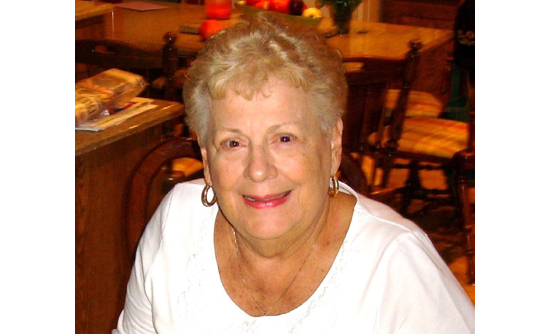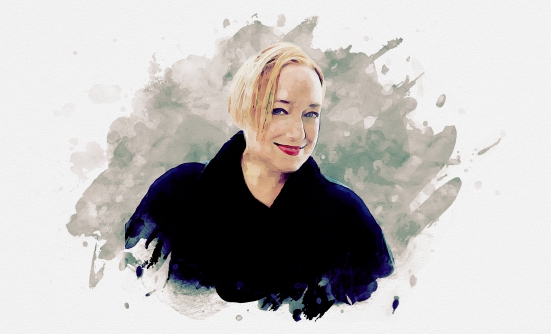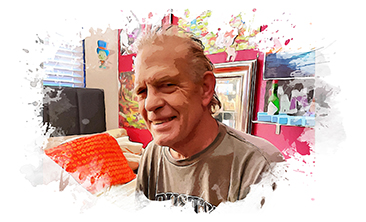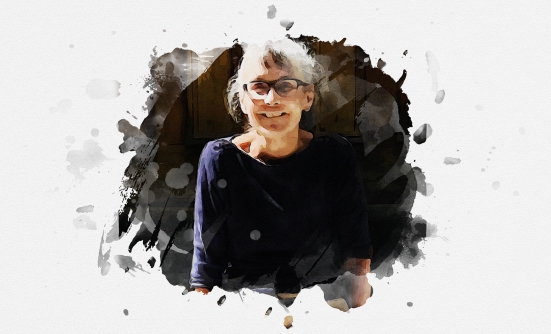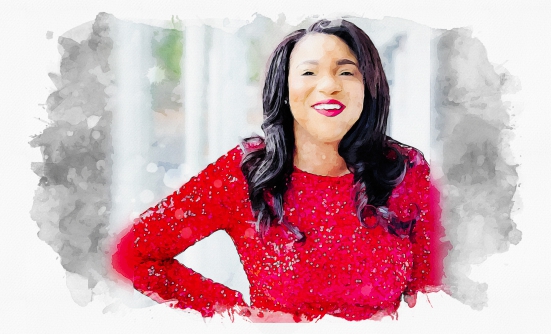Since early childhood, it has been my dream to pursue a career in nursing. Many times, my journey has taken me on a path of caring for patients at the end of their lives. This began on a very personal level.
Several months before our first daughter was born, my father’s brave battle with lung cancer ended and he succumbed to his disease. Our second child passed away from respiratory failure shortly after he was born. We were very lucky to have him in our lives for the short time we did, and he held tightly to our hands as he struggled for every breath before leaving us.
When we found out we would be expecting our third child (our second daughter), my husband’s mother succumbed to her brave battle with breast cancer. When we discovered we were going to have twin sons, my husband’s father succumbed from mesothelioma. We spent many moments holding hands with our babies and our parents, at the beginning of life, throughout all treatments, and at the end of their lives.
I believe my path to oncology had a natural course. We had become very good at saying goodbye to our loved ones. We were able to have all our family members at home throughout their treatment and to their final resting.
Mrs. Smyth
Mrs. Smyth and I first met at her initial consult to discuss a treatment plan for her newly diagnosed metastatic colorectal cancer. She had been feeling fine until a recent fall, where a chest x-ray revealed a lung mass and a biopsy demonstrated adenocarcinoma. Additional scans revealed that the cancer had spread to other parts of the body, including the lungs, mediastinum, and bone.
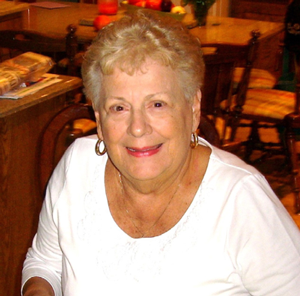
The plan was to proceed with surgery to avoid the possibility of obstruction. After meeting with the surgical oncologist, I met with Mrs. Smyth and her family, reviewed her scans and pathology, and consulted professional guidelines. Mrs. Smyth held onto my hand through the whole visit. She was distressed over the news. I provided emotional support and offered the services of a social worker, which she accepted.
The next day, Mrs. Smyth came to the clinic, and we began our weekly meetings and telephone conversations. At her request, the first “order of business” was to hold hands at our meetings and discuss the next step. Tailored education and patient involvement in decision-making have been shown to have a direct correlation with improved patient outcomes. Meeting as we did, she felt she had a “voice” in her plan and was comfortable following the recommended procedures.
The plan of care was for sigmoid colectomy. A colostomy was not a part of the plan, to her great relief. She recovered from surgery and was scheduled to begin chemotherapy; unfortunately, she tripped and fell, sustaining a broken humerus. Because of her humeral fracture and side effect of delayed healing with chemotherapy, treatment began 6 weeks after diagnosis.
Palliative Treatment
Mrs. Smyth knew from the beginning that her treatment was palliative, but she said she “would fight the good fight for as long as I can.” Our relationship became focused on the day-to-day events and acknowledging the beauty in each moment. I accepted her trust in me, and our relationship and friendship developed.
She shared with me that her main focus was protecting her family. Studies have shown that being supported by an oncology nurse navigator creates a profound sense of security for patients and their families and helps to decrease fears and anxiety, thus allowing patients to process the tremendous amount of information coming at them. Mrs. Smyth knew the inevitable, and she did not want to burden her husband with her fears. I encouraged her to meet with our social worker for support throughout her treatments, which she did, but she felt she had enough support without it and still wanted to meet and talk with me on a weekly basis.
We talked about things that she did not want her family to hear, such as her fear that the chemotherapy would not give her the time she wanted, which it did not; her fear that there would be nothing left to try after the next round, which there was not; and about her fear of dying. Having my support as an oncology nurse navigator, she felt a sense of security and safety, and I helped decrease her fears and anxiety.
I began calling Mrs. Smyth on a weekly basis or visiting her while she was receiving chemotherapy in the infusion suite. She liked to meet with me after her visits with the doctors. We would hold hands, dissect every scan and every pathology report, and talk about the regimen her doctor had proposed for the next round of treatment. She never quit, and would even prompt the doctor to find another treatment.
I encouraged her to record her story or to keep a journal, but she was very hesitant. She feared she would write something negative, and she did not want her family to think of her as having suffered. She told me that she just wanted her family to know that she had a great life and loved them from the bottom of her heart. I promoted the use of hospice services by recognizing the short survival window, and I understood that she had end-of-life tasks to fulfill.
At one time, I was out of work for knee surgery, and Mrs. Smyth asked permission to call me at home, which I immediately agreed to. She was afraid of what would happen to her daughter, whom she was so close to, after she was gone. She was also afraid of how her husband would go through each day without her—she wanted him to continue living the life they shared. I encouraged her to share these feelings with him, and to let him know what she wished for him.
We sometimes talked several times a week, and she often told me how I had helped her “accept my ordeal,” that I had “chosen the right career, because your attitude and confidence reflect in the way you treat your patients.” Many times at our visits, we just held hands and talked. She liked the physical touch of others; she was very affectionate, and she seemed to receive a great deal of comfort from holding hands.
Mrs. Smyth completed chemotherapy, and her disease progressed. She began a second line of treatment, which she was unable to tolerate after 2 cycles. She also suffered a fall and was hospitalized. I would go to the hospital and visit her, hold her hand, and meet with her family. After recovering from her fall, a third line of treatment was initiated; her disease had progressed and her condition declined. She was aware of her decline and wanted to spend as much time at home as possible.
Hospice
Her health began to fail 14 months after the initial diagnosis. I visited her in the hospital, and she held my hand, looked me in the eye, and said “I think the fight may be over.” We had a discussion about the value of hospice, that it was not giving up, and that they would help her live the way she wanted for the time she had. She was discharged to her home with hospice initiated at her request.
Her condition deteriorated rapidly, our phone calls became less frequent. She would call and keep me updated on her condition, always stating that hospice was keeping her comfortable. Mrs. Smyth passed away on July 6, 2013, with her family at her side, as she had wished.
I am honored to have been a part of her care team and to have helped Mrs. Smyth leave this world the way she chose, surrounded by loved ones, with only positive thoughts passing through her lips.
To read Mrs. Smyth's husband's letter to Marian regarding her care for his wife, click here.





